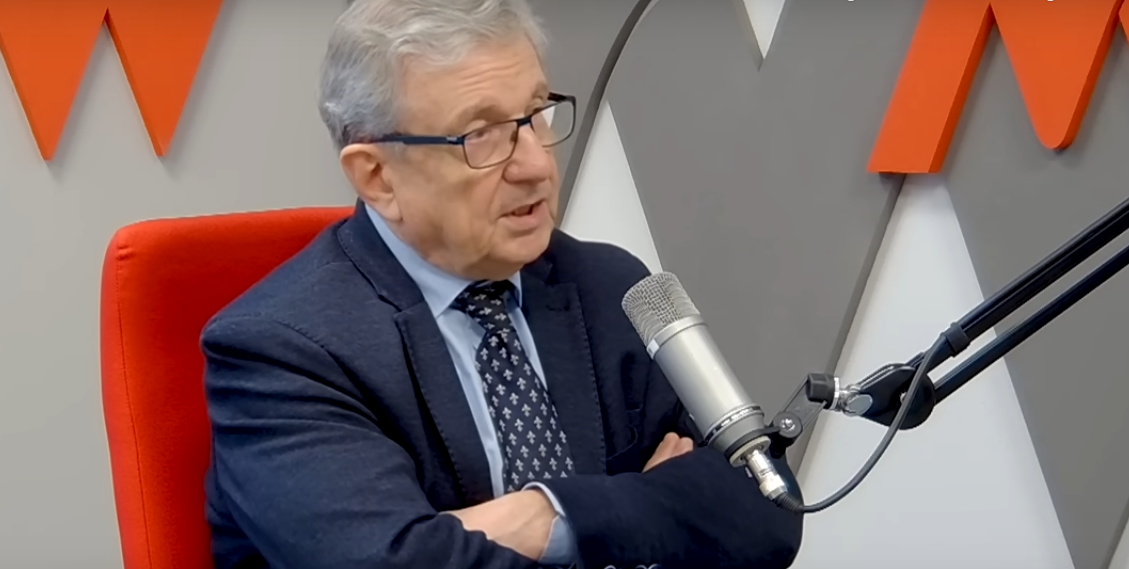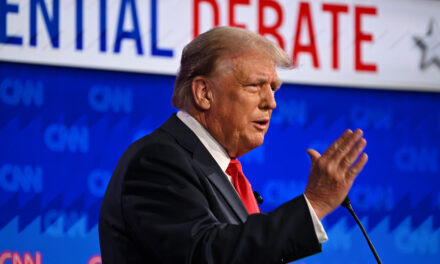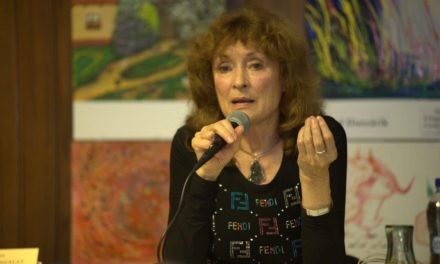At least according to Islam.
Orientalist Miklós Maróth, director of the Avicenna Middle East Research Institute, was a guest of Mandiner's World Order program, according to whom politics in the Middle East is also responsible for what it brings out of people.
The professor talked about the Arab-Israeli war, Sunni and Shia states, great power interests, and conflicts of interest between Arab countries were also discussed.
"This is an insoluble problem because there are two sides facing each other that have their own truths in their own thought systems
explained the professor.
The English secret services instilled in the Jews the idea that based on the biblical past, they have the right to this area. One of the most important books in Judaism is Kuzári , written by Yuda Halévi, it also states that Jews cannot be happy except in the Holy Land, and within that primarily in the area of Jerusalem.
On the other hand, there is the traditional way of thinking of Islam, which we are confronted with repeatedly, but nobody thinks about it. A few years ago, a Moroccan delegation traveled to Spain for an official state visit and the leader of the Moroccan delegation was interviewed by Al Jazeera. He was asked how he, whose ancestors fled from Andalusia to Morocco, feels when he now returns to the occupied land of his ancestors.
That is, according to the Arabs, there is no Spain, only the Spanish think so.
It was occupied by Islam and therefore will remain the territory of Islam forever, at best it is now under occupation.
But we can also face this, a kind of cultural restoration, when Turkey asked several countries to let them build mosques. We in Hungary caused this with the tomb of baby Gül, but it is the same mentality. What was once Islamic territory remains Islamic."
The Palestinian issue is a religious issue and should be treated as such
A zero-sum game has developed at the level of ideologies. In Hungarian, there is no place for compromise at the level of religious people.
Miklós Maróth analyzed in detail the differences between religious and political Islam, the causes of the conflicts of interest in the Arab countries, among other things he also explained that the conflicts do not manifest themselves at the level of ordinary people.
"Life wants to live. People have their own religious beliefs and cultural backgrounds, but regardless, both Jews and Palestinians, for example, have hospitality. The difficulty is that in life, opposite trends prevail at the same time. So here, too, there is a tendency towards peace, but also towards hostility.
Politics is responsible for what it brings out of people.
Now Hamas has committed something that is reprehensible even by the standards of Islam, because the laws of Islam prohibit atrocity against the unarmed civilian population. Israel is taking revenge for what happened.
Here is a typical story from the pre-Muhammad era, when tribal society existed and Islam had not yet written it down: one tribe injured a camel that strayed into its territory, and the other tribe took revenge on the man who injured the camel . The wounding of the camel led to a 40-year war because revenge begat counter-revenge. This mentality further complicates an already difficult situation.
Another thesis that follows from religion cannot be ignored either, namely that a Muslim cannot ally with a non-Muslim against a Muslim. I can use an example of this. I was just in Morocco during the first Gulf War, and a Moroccan told me that he hated Americans because now he was forced to love Saddam. He did not like Saddam's politics, but since he was made a martyr, it is a religious commandment that he must love a Muslim as a Muslim."
In the conversation, Miklós Maróth also explained why some Muslim countries shy away from siding with Hamas, and finally he answered the question that if a Palestinian state were to be created alongside Israel, could this lead to the reconciliation of the two peoples?
"The first step for this should be to fully implement the UN resolution on the basis of which the state of Israel was established. Because the same UN resolution also provided for the establishment of a Palestinian state. If the Palestinian state could be established under a more moderate Muslim leadership, rather than under such a rigorous movement, then perhaps a compromise would be possible.
The key to the solution is in the hands of the USA, because the state of Israel depends on the money of the USA, without which I don't know how many billions of dollars a year it is not viable.
The other key is in the hands of the international community;
the establishment of the Palestinian state is what could be used to pull out the poison of discontent, but at the moment no one moves, but takes a stand, condemns, and declares. It is cheaper.
With Trump, a kind of solution could have been born at that time, the Russians could also have come to an agreement, so I think that an American leader of Trump's type - anyone who thinks responsibly and would not serve the interests of the arms lobby or consider the role of the world's gendarmerie more important - could get the support of the other great powers to settle the situation.”
You can watch the entire conversation with Miklós Maróth here.
Featured Image: Screenshot/YouTube













